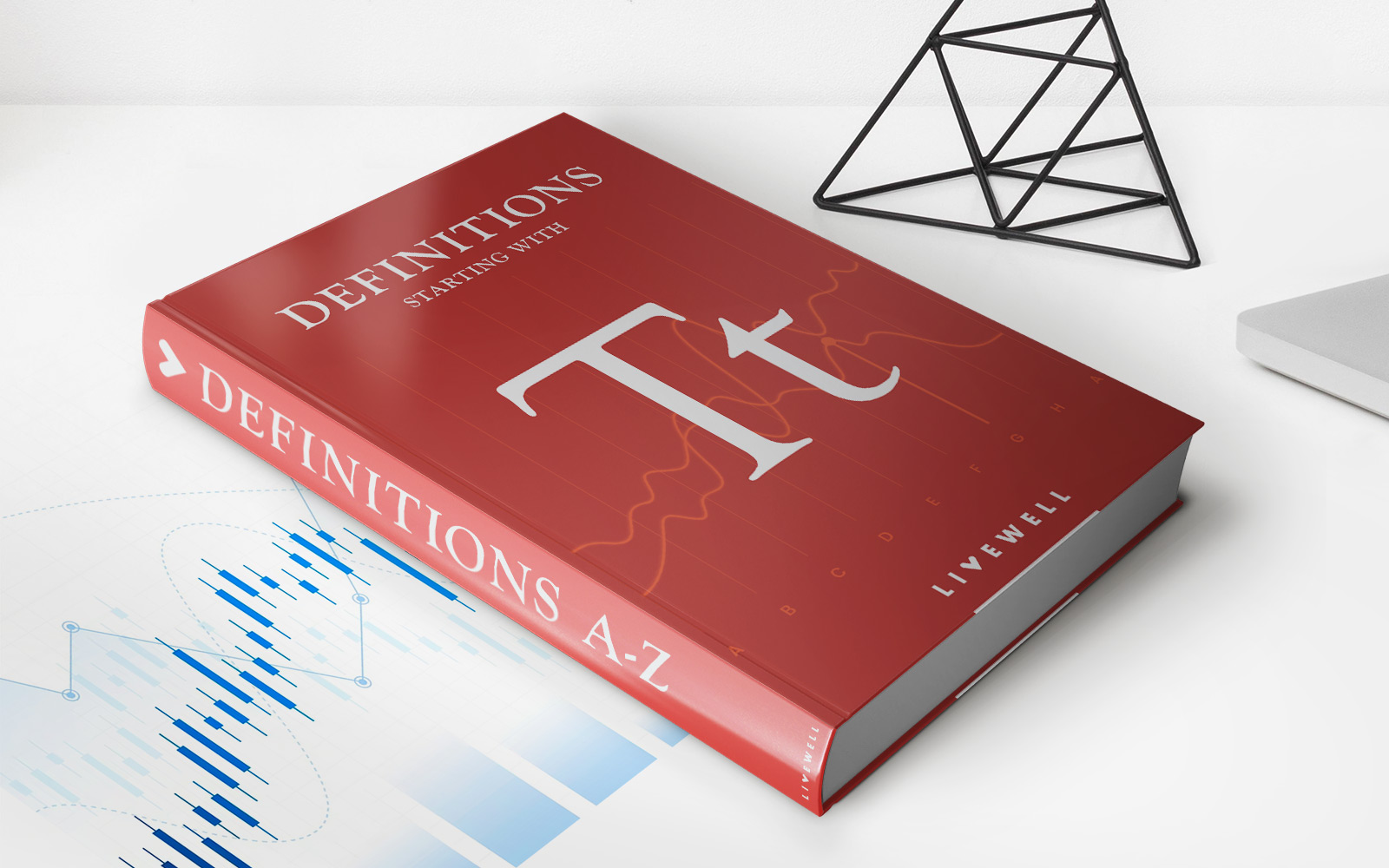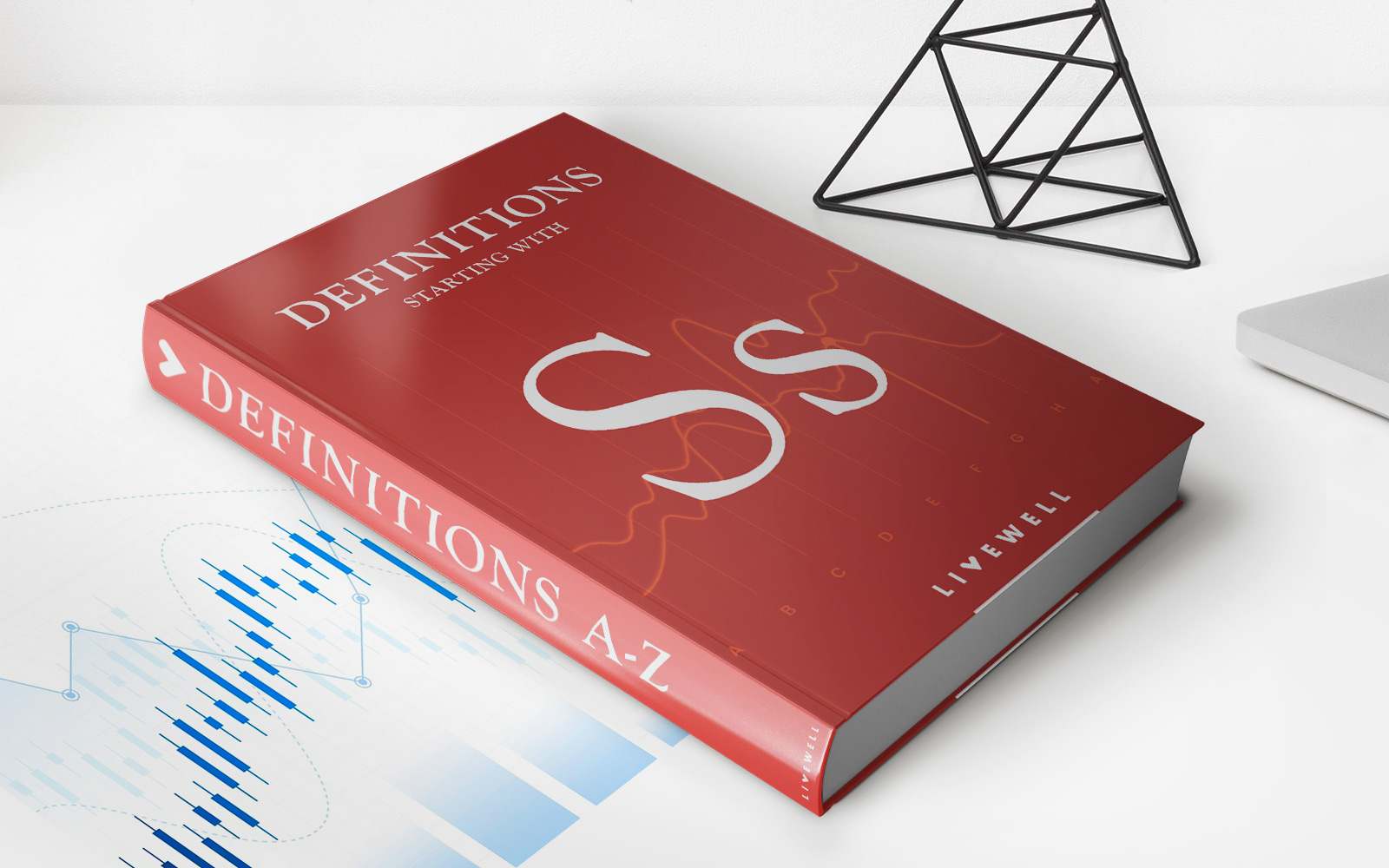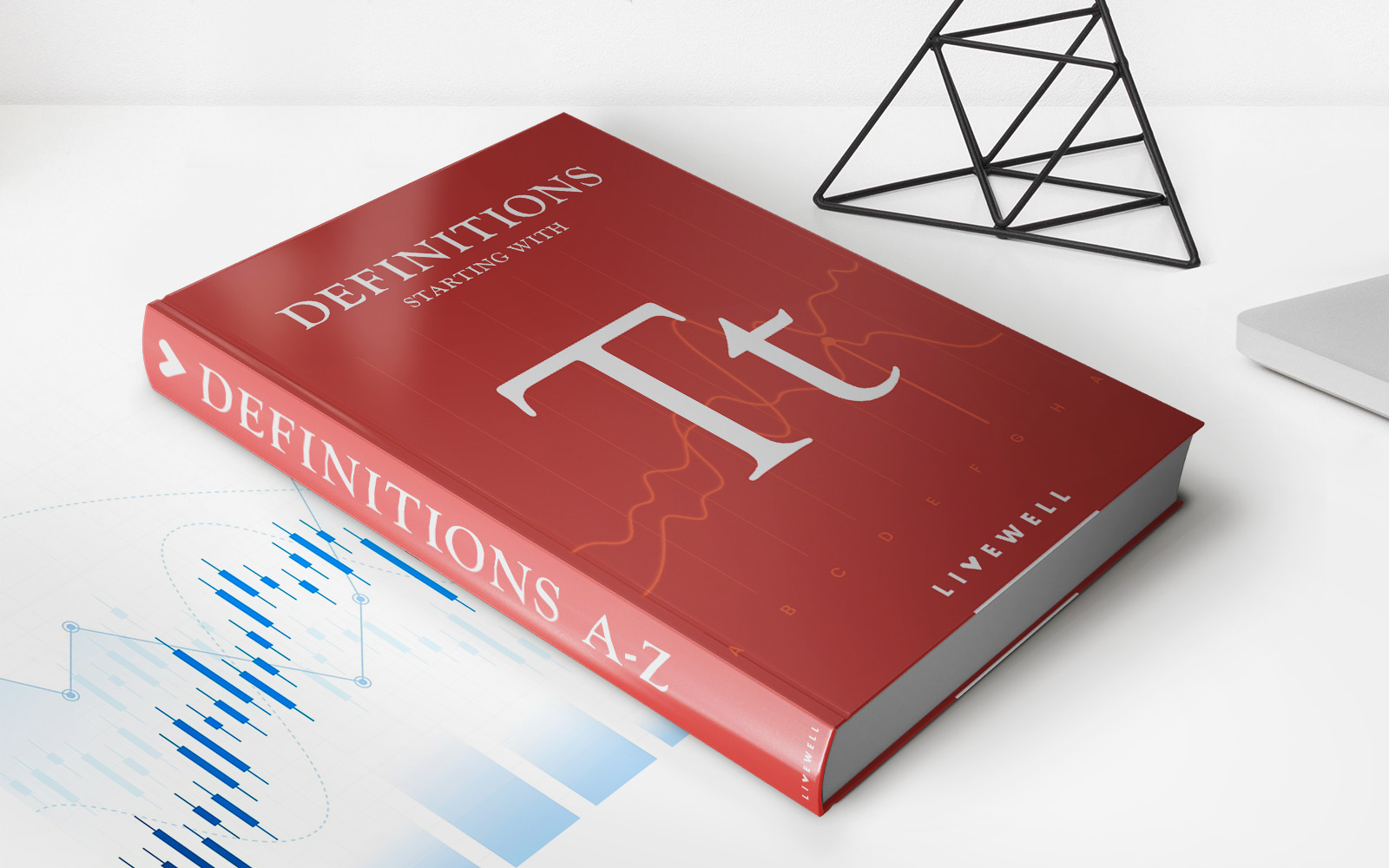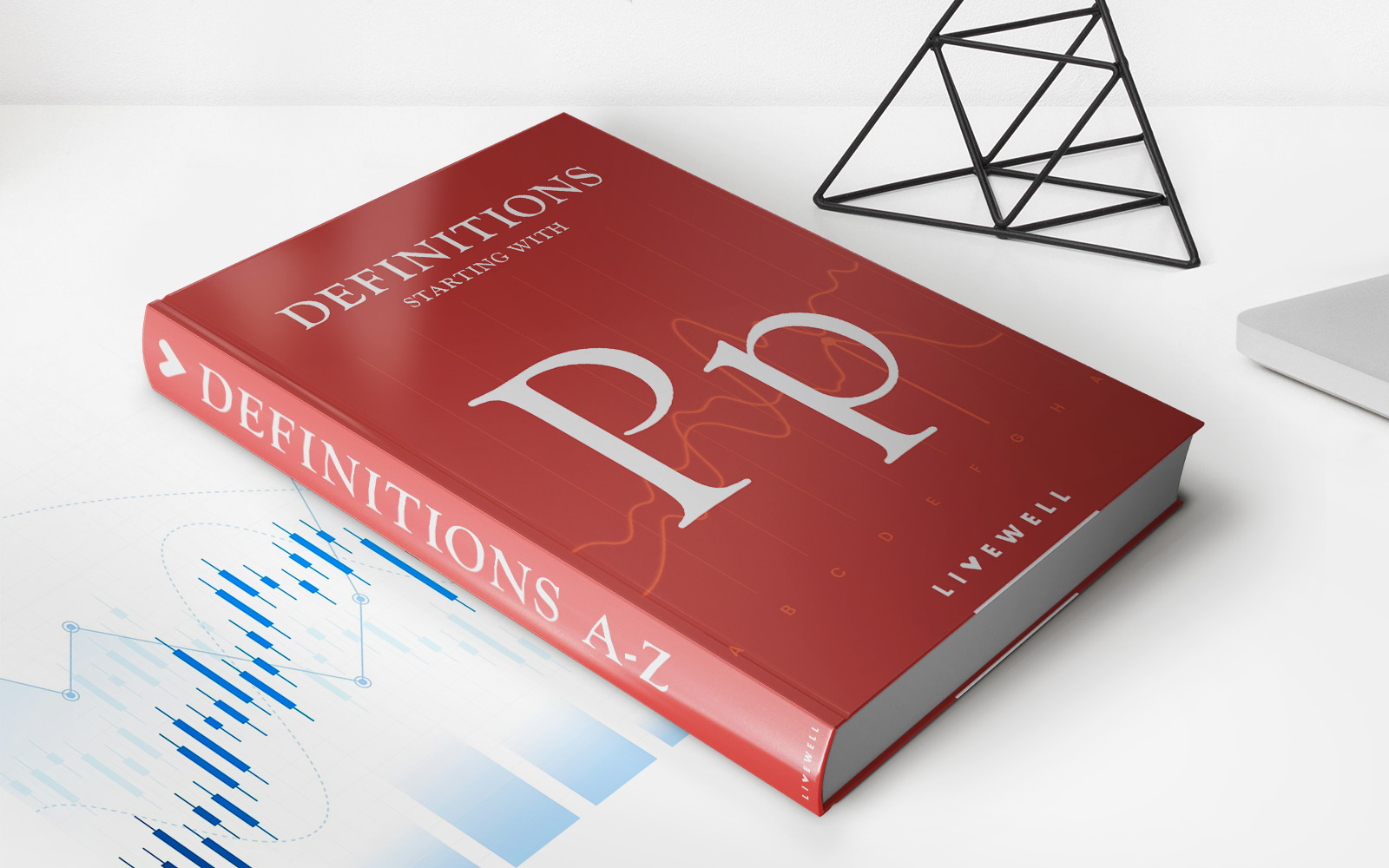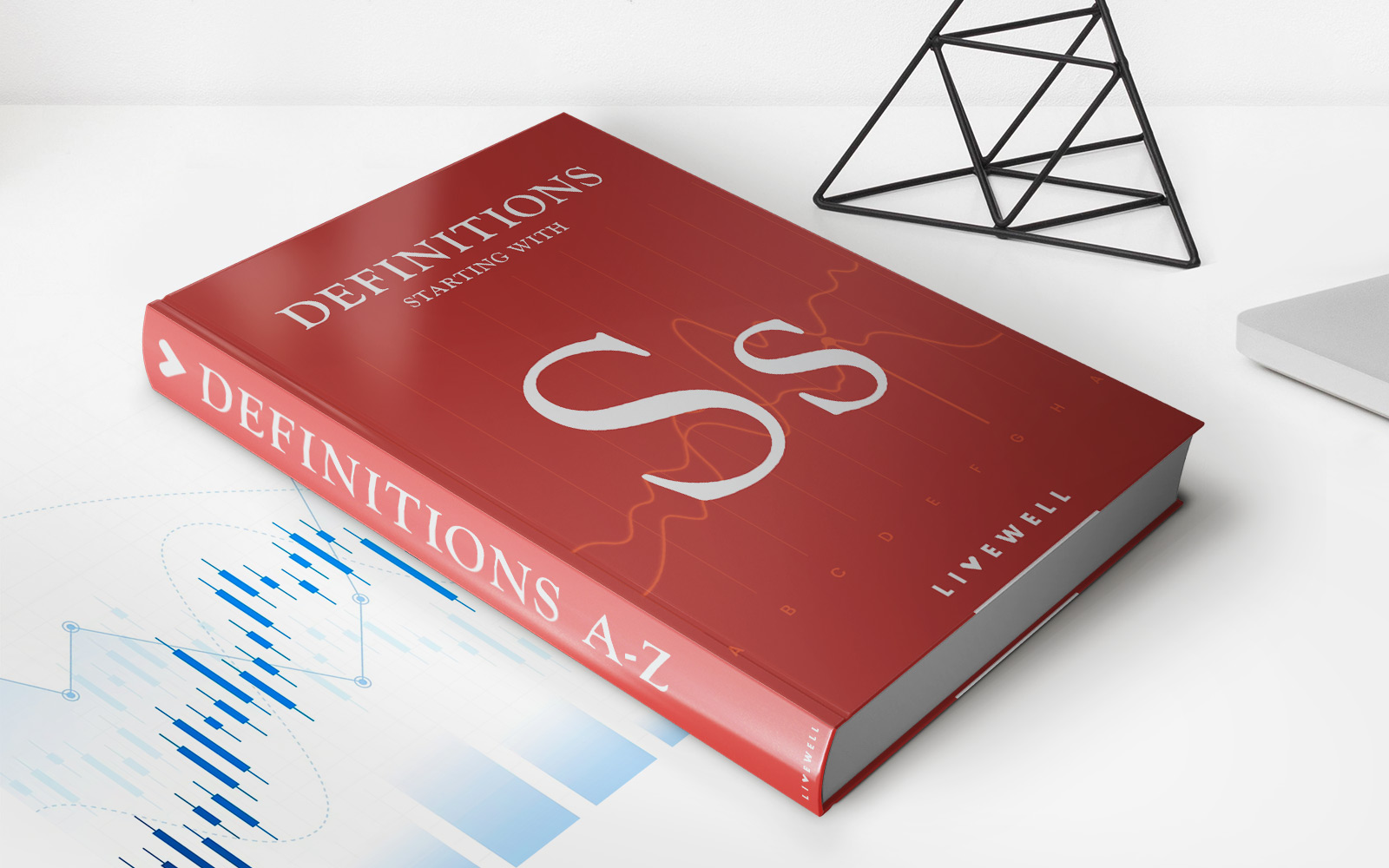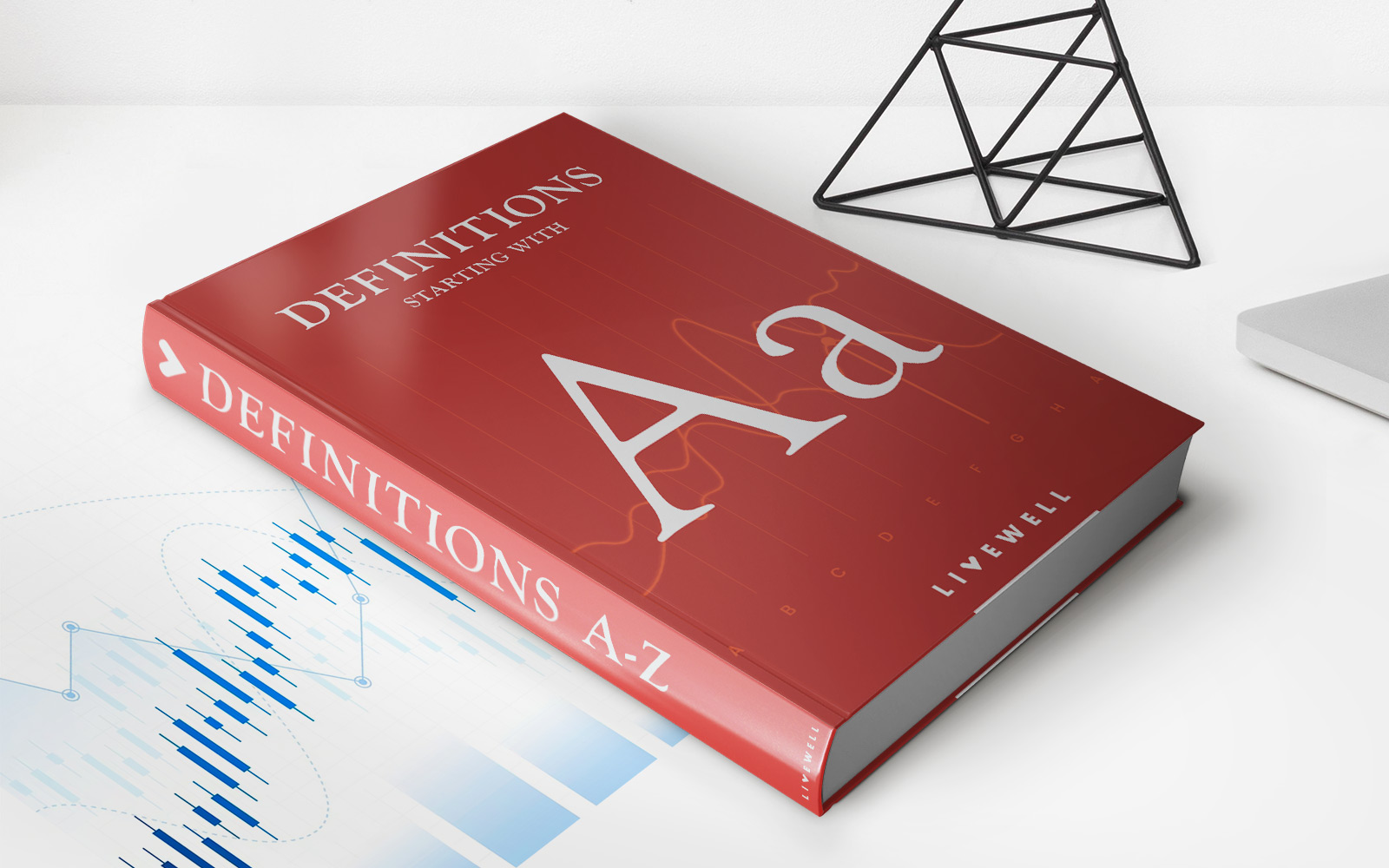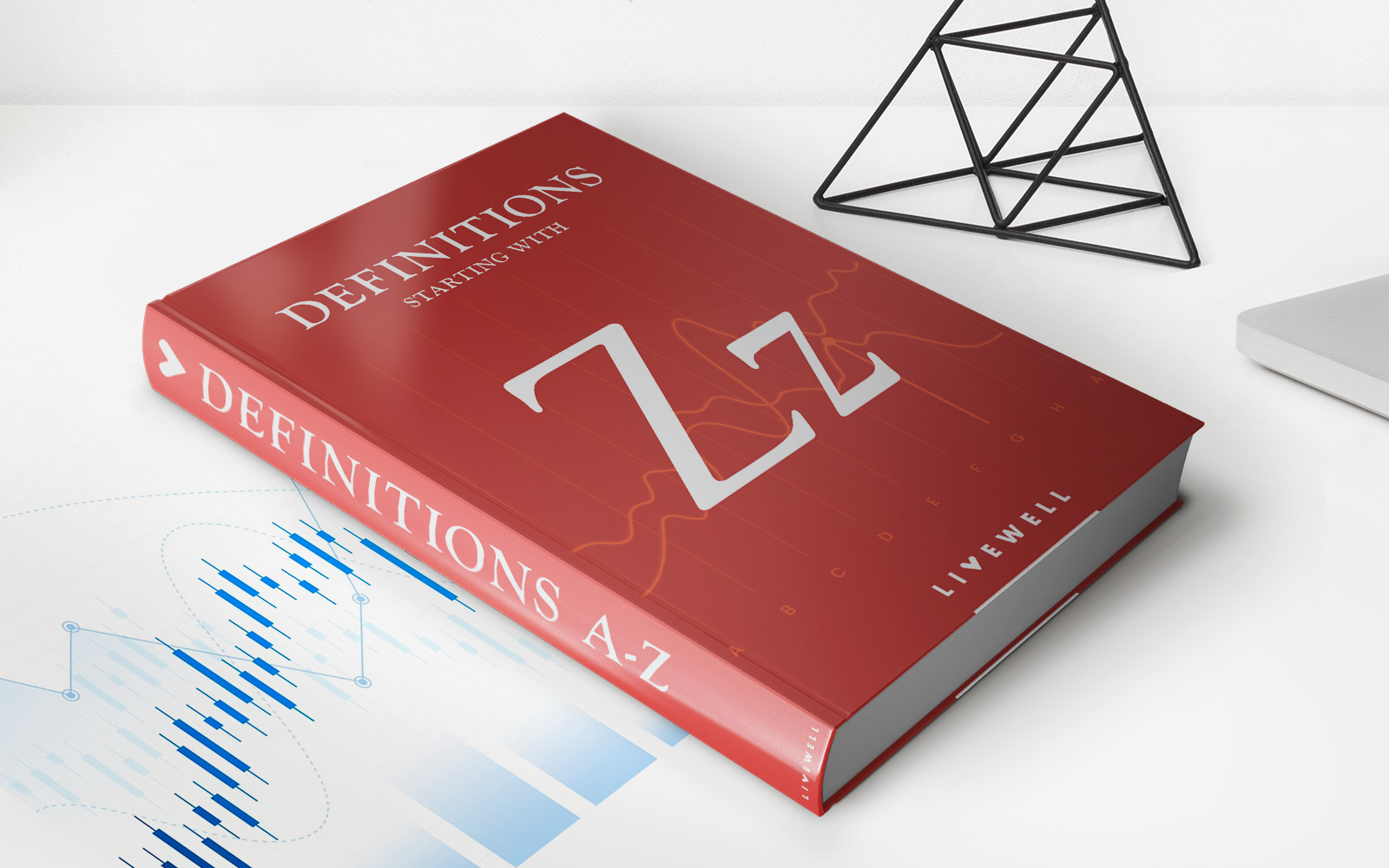Home>Finance>What Is A Payout? Definition, How It Works, Types, And Examples
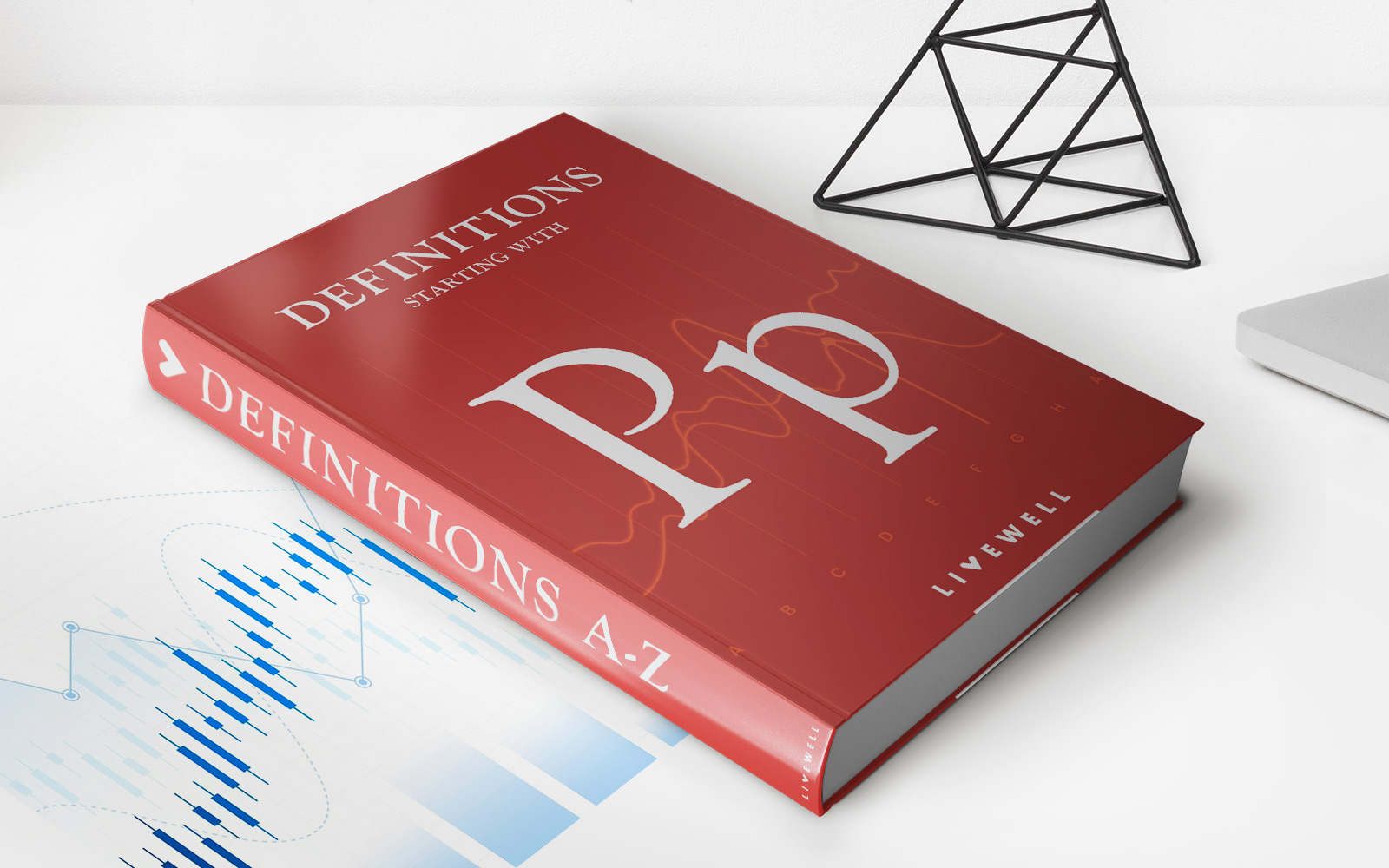

Finance
What Is A Payout? Definition, How It Works, Types, And Examples
Published: January 6, 2024
Learn the definition, types, and examples of payouts in finance. Discover how payouts work and gain a comprehensive understanding of this financial term.
(Many of the links in this article redirect to a specific reviewed product. Your purchase of these products through affiliate links helps to generate commission for LiveWell, at no extra cost. Learn more)
What Is a Payout? Definition, How It Works, Types, and Examples
If you have ever wondered about payouts but find the concept a bit confusing, you have come to the right place. In this blog post, we will break down the definition, explain how payouts work, discuss different types of payouts, and give you some real-life examples to help you understand it better. By the end of this article, you will have a clear understanding of what a payout is and how it can affect your finances.
Key Takeaways:
- A payout refers to a sum of money that is distributed or paid out to individuals or entities, often as a result of an investment or business activity.
- Payouts can be made in various forms, including dividends, interest payments, insurance claims, legal settlements, and retirement fund distributions.
Definition of Payout
So, what exactly is a payout? In simple terms, a payout is a sum of money that is distributed or paid out to individuals or entities. It can be the result of various financial activities, such as investments, business profits, insurance claims, legal settlements, or retirement fund distributions. Essentially, a payout is any monetary sum that is received by someone as a form of payment or reimbursement.
How Do Payouts Work?
Payouts work differently depending on the context in which they are used. Let’s take a closer look at a few common examples to understand the mechanics of payouts:
- Dividends: In the world of investments, shareholders often receive payouts in the form of dividends. These are regular payments made by companies to their shareholders as a distribution of profits. Dividends can be paid out in cash, additional shares, or even other assets.
- Insurance Claims: When you make an insurance claim, whether it’s for a car accident, property damage, or medical expenses, the insurance company will typically issue a payout to cover the cost of the damages or injuries incurred.
- Legal Settlements: In legal cases, when parties reach a settlement agreement, one party may be required to make a payout to the other party. This is often done to compensate for damages, losses, or as a result of a court judgment.
- Retirement Fund Distributions: When individuals reach retirement age, they may choose to receive a payout from their retirement funds, such as a pension or 401(k) account. This provides them with a regular income stream during their retirement years.
Types of Payouts
Payouts can come in various forms. Here are some common types:
- Dividend payouts from stocks or mutual funds
- Interest payments from bonds or savings accounts
- Claim payouts from insurance companies
- Settlement payouts from legal cases
- Distributions from retirement funds
Examples of Payouts
To give you a clearer picture, here are a few examples of payouts:
- ABC Inc., a successful company, pays out dividends to its shareholders each quarter as a share of their profits.
- John, a retiree, receives a monthly payout from his pension fund to cover his living expenses.
- Mary’s car was damaged in an accident, and her insurance company issued a payout to cover the repair costs.
- A class-action lawsuit against XYZ Corp. was settled, resulting in a payout to all affected consumers.
These examples illustrate how payouts can happen in different scenarios and their significance in various aspects of our lives.
Conclusion
Payouts play a crucial role in finance and can have a significant impact on individuals, businesses, and the economy as a whole. Whether it’s receiving dividends as an investor, claiming insurance payouts after an accident, or enjoying retirement fund distributions during your golden years, understanding payouts is essential to managing your finances effectively.
By now, you should have a solid grasp of what a payout is, how it works, the different types of payouts, and some real-life examples to help solidify your understanding. Remember, payout is a term you may come across frequently when dealing with finances, so having a clear understanding of it will empower you to make informed decisions and navigate the financial world with confidence.
